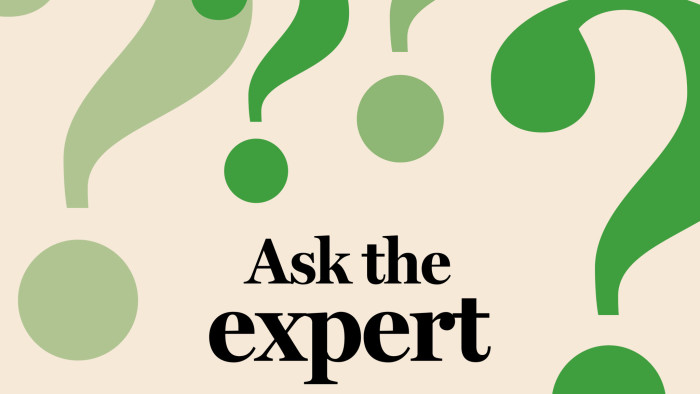Chioma Isiadinso, admissions consultant: tips for MBA interviews

Simply sign up to the Business education myFT Digest -- delivered directly to your inbox.

What is the best way to prepare for the MBA interview? What are the most common questions? Are they really hard to predict? I’m getting nervous…
Potential student, 28
Chioma is chief executive of Expartus, the business school admissions consultancy, and author of The Best Business Schools’ Admissions Secrets. Her answer appears below.
———————————————————————————————
Interviews can certainly be nerve-wracking but the work that you do beforehand can make the day go much more smoothly. First, you need to know your application inside out. Expect to be asked about each academic decision, each job change and each transition reflected in your application. This is especially important if you have any unusual jumps or holes in your career trajectory. You need to have a ready answer explaining your decisions and how they have led you to where you are now.
Next, make sure that you have clear, compelling answers to the most common questions: Why are you seeking an MBA? Why is our programme the best fit for you and your goals? You will almost certainly be asked some variation of these questions so be ready to answer them in an articulate and compelling manner.
Beyond those baseline questions, you need a thorough knowledge of the programme that you are interviewing with. In addition to researching specific programmes, clubs, classes and professors that you are interested in, you should consider the school’s personality and values. What are they looking for in a candidate? What sets their MBA apart from other programmes around the world? How will these differences drive the interview questions they ask?
For example, Stanford GSB, with its small class size, tends to focus on “Who” questions. Their questions are behaviour-based and aim to get to the heart of who you are and what you will be like on their campus. Interviewers might ask questions such as: Describe a time when you saw and pursued an opportunity others did not? Tell me about a time when you failed to reach your objectives?
Harvard Business School, on the other hand, tends to focus on “Why” questions: What led you to pursue an MBA? Why did you make this decision in your career? Both schools want the same thing - outstanding students - but their approach differs and the best interviewees will know those differences well.
With this research and introspection done, you should be well prepared to answer a wide range of potential questions, from the very common, very vague ‘Tell me about yourself’ question, to more specific questions about your strengths, weaknesses, failures or choices. To practice, go through your resume and develop two or three questions about each position that you have held and each degree you have earned. Practice answering those questions crisply and succinctly.
Next, think of the themes that you want to come across in the interview. What do you want the interviewer to take away? What elements of your personal brand do you want to convey? Think about stories and examples that support those themes and practice telling them aloud.
Be ready to answer random questions such as what book you read lately or misconceptions people have when meeting you for the first time. Remember to think of some questions of your own. Interviews typically end with the interviewer asking if you have any questions. Be ready for this. A lack of prepared questions could make you appear disinterested. So, think of at least two or three questions about the programme and make them as specific as possible. Make sure that these questions cannot be answered simply by looking at the programme’s website. Consider asking the interviewer about their own experience with the programme - why they like it, what they think is its most outstanding feature.
Finally, do your best to banish the nerves and think of the interview as a conversation. This is very difficult to do, but the more you practice, the more you will be able to set aside your nerves and shine on the big day.
Read more articles on applying to business school:
How to assess the value of an MBA
Tips on campus visits
Tips on one-year v two-year programmes
Tips on writing admissions essays
Tips on entrance exams
Comments